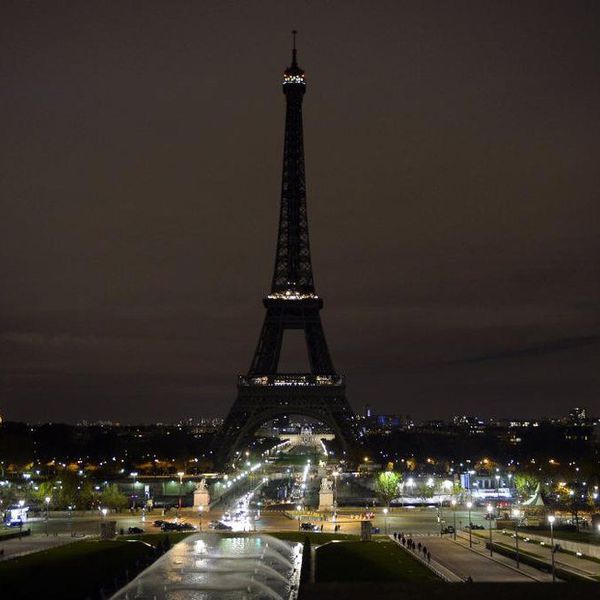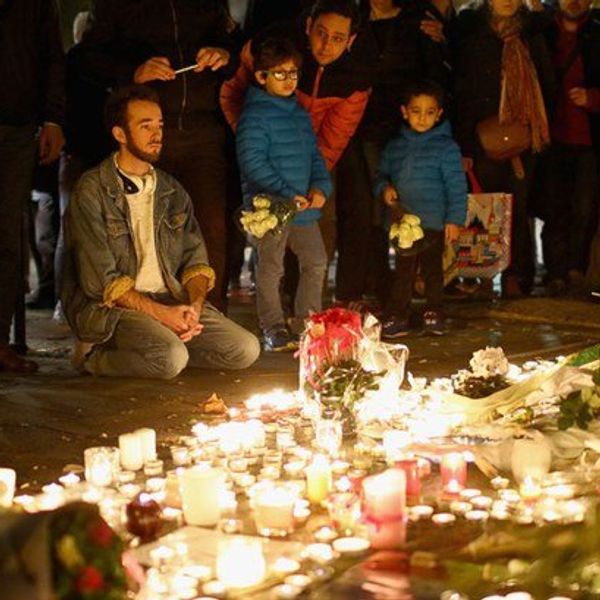The president of [insert country here] walks up to the podium:
"Today is a tragic day for our nation. In [insert city here], many innocent civilians lost there lives. We have confirmed that ISIS was responsible for this horrific attack on our people. As of now, [insert number of victims] have lost their lives. For that, I ask everyone across the world to pray. Pray for them, their families, and their friends. Pray for [insert country here]."
Immediately after a terrorist attack, we should pray for the victims. Families and friends in Nice are grieving, and solidarity can go a long way to help them cope with their loss. In a week, however, we will return to our typical schedule. For over a decade, democratic nations learned to deal with terrorism as if it is supposed to be a normal occurrence.
We will continue to do nothing and it will happen again, and again, and again.
In Nice, France, 84 people are confirmed dead. So far this year, 11,772 people died at the hands of terrorism, mainly from the Islamic State. There has been a terrorist attack every day this year. It is only July.
I'm tired of praying for the victims, because what starts as a compassionate gesture for unity and love turns into a political excuse for doing absolutely nothing.
Love does not destroy terrorists. Solidarity does not destroy ISIS. I'm not sure how many thousands of civilians have to die around the world for people to understand. Using Facebook's "French flag feature" to cover your profile picture will not stop extremists from slaughtering innocent men, women, and children. Typing up a post, slapping on a hashtag, and calling it "prayer" is an insult to the victims that could still be alive today if we only did something.
In terms of "doing something," I mean do anything. Make forming a coalition with other Middle Eastern countries a non-negotiable priority. Send troops on the ground. Tighten up boarders. Increase funding for Homeland Security. I do not claim to know the answer. I do claim, however, that what we are doing now is not the answer.
Diplomacy should always be the first approach to U.S. foreign policy. Many Americans would agree that if we could solve a situation peacefully, that's the method we should execute first.
We tried peaceful diplomacy. It failed. With extremism, we cannot hope that the perpetrators will change. A common piece of advice we give to one another is "hope for the best, expect the worst". It's time for the United States to prepare for the worst and stop hoping for the best.





















